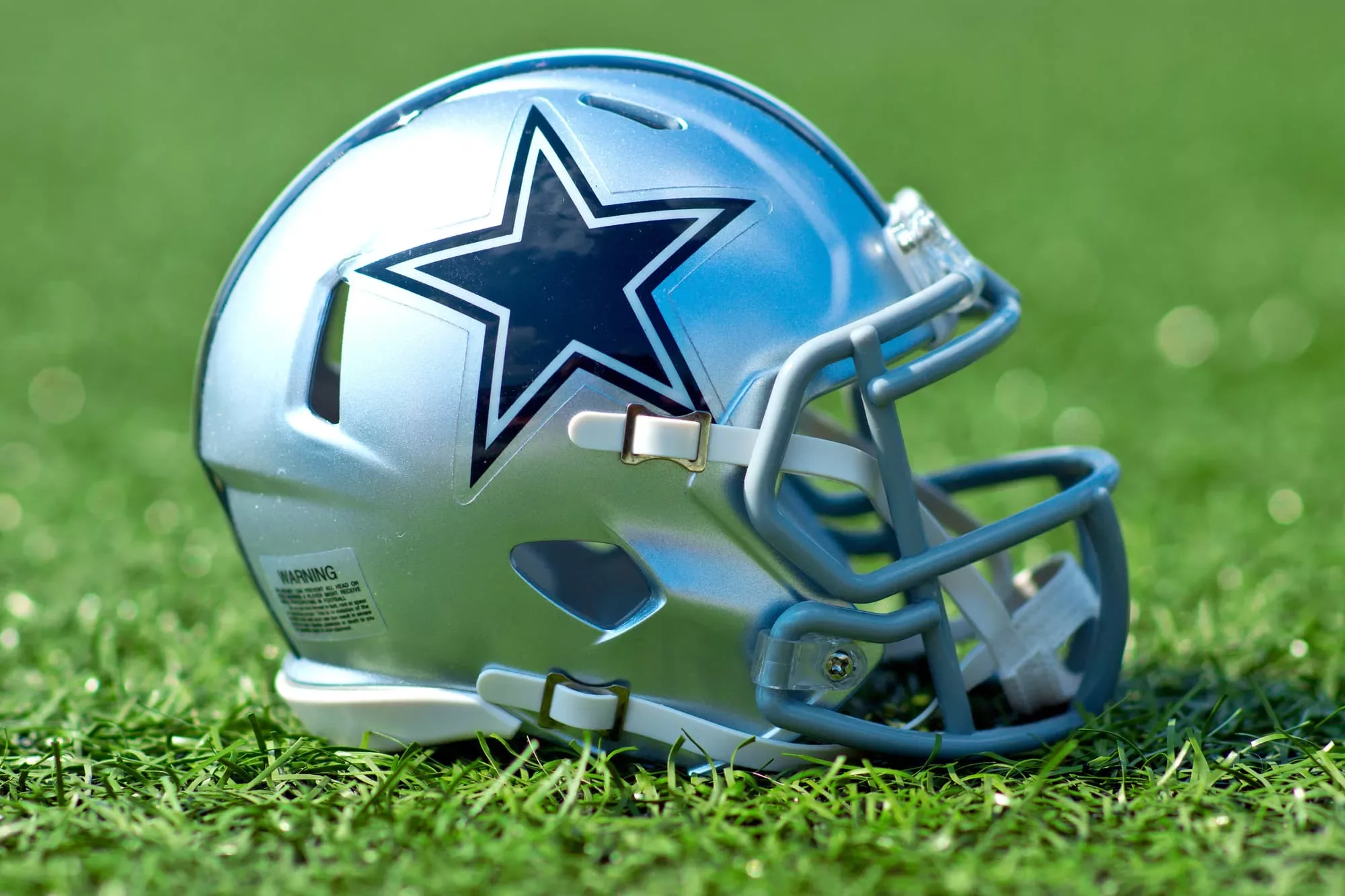I’m probably gonna cop a bit of slack for this column because we are all tired of hearing the old “We’re getting there” or “They’re so close to clicking”, but here goes anyway.
As Wallabies fans we must recognise the positive signs out of the last few weeks. This is not a column defending Dave Rennie or any of his staff and players, but rather one that points out that Wallabies are not in crisis and capable of great things.
No doubt about it: the Wallabies’ performance at Eden Park was their worst this year and a new low. They coughed up the ball too often conceding 17 turnovers and countless clumsy penalties, practically handing the All Blacks victory.
But can you really dash all hope built in the last week because the Wallabies repeated what many teams in the past have done at Eden Park? No, of course not.
It must be also recognised that it is still only a little over one week on from arguably the Wallabies’ best performance all year, maybe even in years. This up and down strike rate has been the narrative of Dave Rennie’s reign in the top job and is painful to watch at times, but has also produced some of the best Wallabies rugby in some time and is necessary if we want to see a return of the glory days.
Brett McKay, Harry Jones, Jim Tucker and Tony Harper pick the bones of another Bledisloe loss in an Instant Reaction podcast
A question that must be asked is: are we in a better place than we were in 2020?
The answer to that is yes.
Just look at the the three standout games the Wallabies had in The Rugby Championship. The Aussies, despite losing inspirational captain Michael Hooper and flyhalf Quade Cooper by the 35-minute mark, marched to a bonus point victory over a very capable Pumas side.
They then completely dominated the Boks in Adelaide in what was described as their most complete performance of the Rennie Era.
Two weeks later they produced an incredible comeback to almost stun the All Blacks in Melbourne. The rugby they played in that golden 20 minutes was the best we’d seen since at least 2015.
Of course all three of these promising shifts were punctuated by humbling losses, bringing the players crashing back to Earth along with their loyal fans.
(Photo by Hannah Peters/Getty Images)
The media then returned to this old storyline of the Wallabies are dead, one week after proclaiming their resurrection.
The fact of the matter is that the Wallabies are inconsistent and struggle to string two good performances together. Not incapable but rather unreliable.
The cause of this is for someone on a much larger salary than me to figure out and the solution will prove to be game-changing, for not only the national team, but for the game in Australia.
Fans must realise that Wallabies at their best can beat anyone, and the precursor to every great team is a period of growth and development. This includes showing glimpses of capability mixed with a lack of class to know how to win the big moments.
The ability to win those tight games comes with two things: experience and a sense of identity. Keeping the same players together and playing the same game plan will lead to sense of identity; something to go back to when it all falls apart.
Rennie is certainly onto the identity part, persisting with a running style of rugby that makes the Wallabies so entertaining to watch at times. But now he must look to the youth, especially in the halves.
Australia must prioritise youth now by giving minutes to younger players such as Noah Lolesio and Tate McDermott. Blood these young guns and let them grow together and build a combination.
We know what Lolesio is capable of, just look at his games against England and South Africa, while McDermott has the potential to be one of the best running halfbacks in the game. Give these two (and others) time, and you will see combinations grow in years to come.
As the current crop of players rack up more caps, experience will come, along with better decision-making and ability to win big moments. This is the journey.
2023 won’t be the year of the Wallaby, but 2027 might be. It is time to start building a team for the home World Cup, so that by the time it comes around they are seasoned Test players. The building blocks are there, they just need to be put in place.















.jpg?itok=ylO3N1Ke)





Discussion about this post